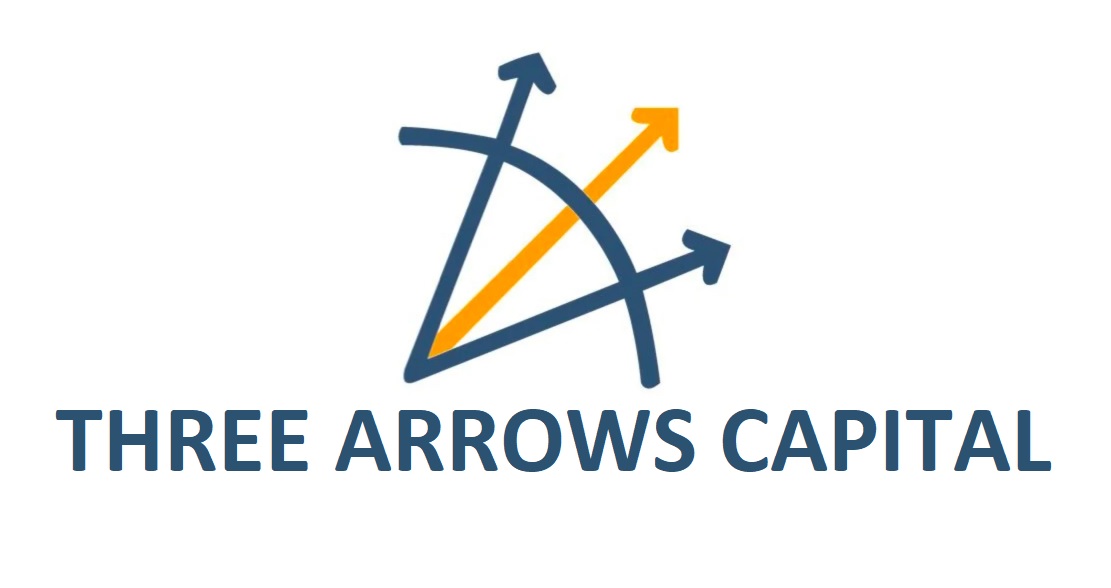Business
Starlink confirms it will block access to X in Brazil
-

 Business1 week ago
Business1 week agoMeta opens Llama AI model up to US military
-

 Business1 week ago
Business1 week agoPro-crypto candidates win election races across America
-

 Business1 week ago
Business1 week agoHamster Kombat loses 86% of users as Paws Mini App soars on Telegram
-

 Business1 week ago
Business1 week agoBinance, CZ file motion to dismiss SEC’s amended complaint
-

 Business1 week ago
Business1 week agoCoinbase exec urges SEC reform after Trump’s election win
-

 Business1 week ago
Business1 week agoBlackRock’s Bitcoin ETF sees 6th ever outflow on US election day
-

 Business1 week ago
Business1 week agoNvidia overtakes Apple again as world’s most valuable company
-

 Business1 week ago
Business1 week agoOpenSea promises comeback with new, improved platform































